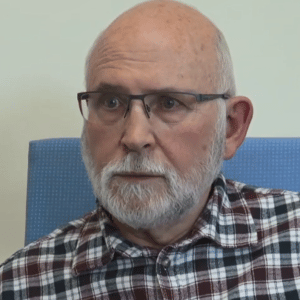Pain management meetings
Do you live with pain that has lasted for more than three months?
You are not along – four in 10 people in the UK are affected by chronic pain. There are many different options for managing pain.
In order to help you access the right options for you, we are holding informal group meetings where you will have the chance to meet a pain specialist and learn about what you can do for yourself, as well as what support is out there for you.
Led by an experienced pain specialist, you will learn about the various specialist pain management services available including:
- longer term support and specialised advice
- ways to change or reduce your long-term use of medications to manage your pain
- local services that can support you with improving your health and wellbeing
- Escape-Pain, a self-management course for hip and knee pain
- recommended reading and useful website resources
- help and support for managing your mood and anxiety
The aim of these meetings is for you to gain access to the right support for you quickly and prevent your pain from escalating. We also want to help you reduce the overuse of pain medication, prevent any loss in physical function, enable you to return to work and reduce emotional distress caused by pain.
There are around two meetings every month, so please call or email to find out the locations, times and dates that will suit you.
To book, or for more information:
Call: 0117 4147356
Email: PMoptions@nbt.nhs.uk


